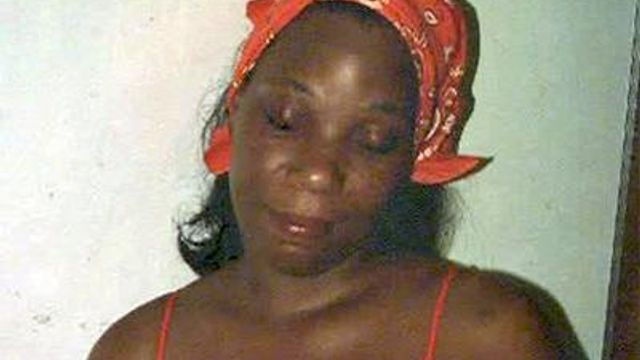Rocky Mount deaths could go unsolved
The deaths of several women found in a 10-mile radius near Rocky Mount may never result in a conviction of the person or people responsible for their deaths, if they are determined to be homicides.
Posted — UpdatedThat's according to retired Raleigh police detective Chris Morgan, who says there might not be enough evidence to build a case.
That's because, of the six women, medical examiners have only been able to determine how two of them died.
All of the bodies were found in a rural area that is abundant with wildlife and insects, and they have been exposed to the elements for weeks, months and in some cases, years.
"All these things, once death occurs, start working against the investigator," Morgan said. "A body that's been left out for a week, in particularly in the warmer months in North Carolina, is going to be, in many cases, devoid of some of the most useful evidence that investigators look for in homicide investigations."
A special task force of local, state and federal authorities is looking for possible links among the six cases.
The victims – Melody Wiggins, Jackie Thorpe, Ernestine Battle, Taraha Nicholson, Jarniece Hargrove and Elizabeth Smallwood – fit a similar profile. Each was black, had a history of drug use, prostitution or both, and family members and friends said many knew each other.
Investigators, however, have said very little about the case publicly, and family members say they have not heard much else.
The last time authorities spoke of the case was in September, when they charged Antwan Pittman in Nicholson's death; an autopsy found she died of strangulation.
Hoping for further developments in the investigation – possibly more charges against Pittman – family members say they are now frustrated and upset that questions about their loved ones' deaths remain unsolved.
Hargrove's skeletal remains were discovered June 29 in a wooded area off Seven Bridges Road – more than a month after her family reported her missing.
"It's just sad that it's taken all this many months, and they haven't succeeded on anything. If they have, they haven't let us know anything," her sister, Pepita Hargrove, said. "I know they can't let out but so much information, but they can let the families that are grieving and crying constantly every day – they can let us know something."
Autopsy results were inconclusive about how Hargrove died.
"They're saying (her death) can't be determined. That's not enough information for me, and I'm not going to rest until somebody says something more," Hargrove said. "My sister wasn't out in the field picking daisies and fell on a rock and hit her head and rotted out there in the woods."
Investigators can also look at circumstantial evidence to help in the investigations.
"You start looking at the circumstances – where these women were, who they were seen with, how they knew each other – and start trying to link cases and find common links," Morgan said.
"You have to engage the public," Morgan said. "They are your best weapon in working a case like this, because people see things. It's just sometimes they don't realize what they've seen."
One of Morgan's biggest unsolved cases, the 2002 rape and murder of Stephanie Bennett in Raleigh, was solved after more than three years, in part, because he kept the case in the media spotlight.
Edgecombe County Sheriff James Knight, who is overseeing five of the six cases, has generally declined to comment about them, and calls to his office have gone unreturned.
Rocky Mount police, who are handling the investigation into Smallwood's death, as well as the missing persons cases of three other women fitting the same profile, are "actively working those cases" and seeking new leads from the public, a spokeswoman said.
"(The media) is the best weapon I've got to communicate with large numbers of people throughout the community and if I'm not willing to talk with news reporters, then I'm not using one of the most important potential weapons that I have in getting information," Morgan said.
"You've got to replace that lack of physical evidence with something else, and that is most often times information that is buried somewhere deep in the community," he added. "But it's in that community, and you've got to pull it out."
• Credits
Copyright 2024 by Capitol Broadcasting Company. All rights reserved. This material may not be published, broadcast, rewritten or redistributed.





